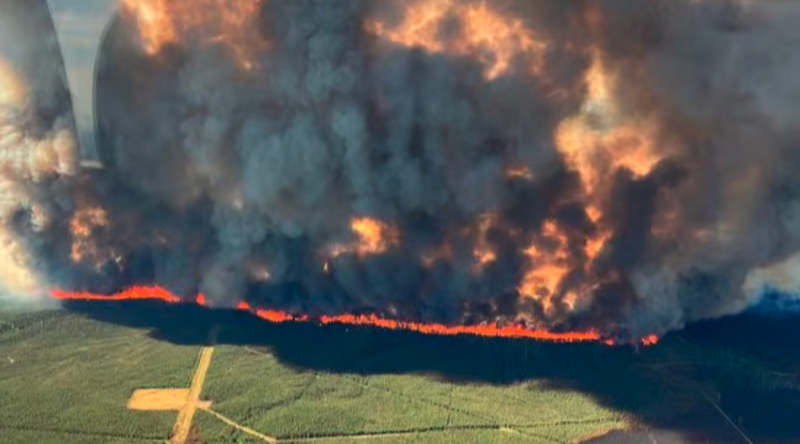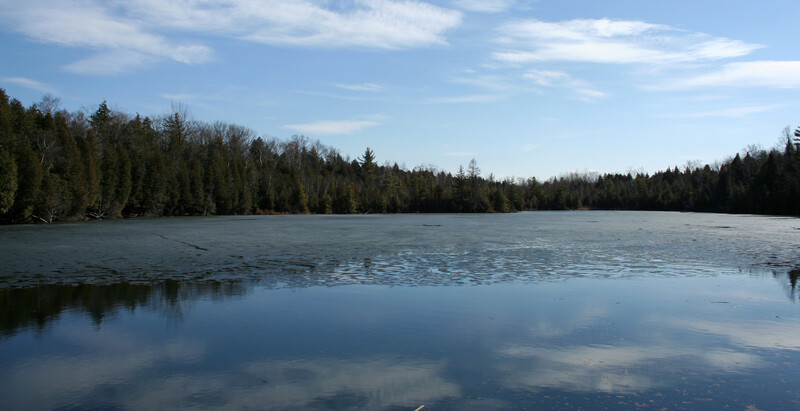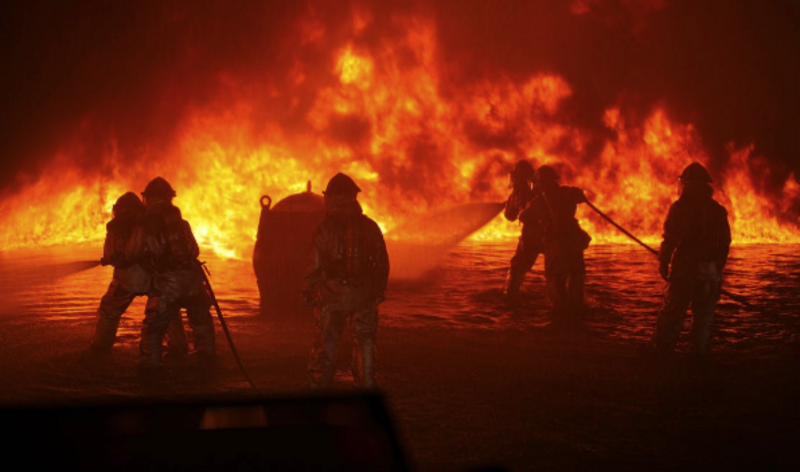Ride-sharing in Toronto could soon become an eco-friendly way to travel, which might make you feel a little better about all those Uber charges.
Driving the news: Following the lead of cities like Amsterdam and New York, Toronto is considering requiring vehicles-for-hire — like taxis, Ubers, and Lyfts — to be zero emission by 2031, under a new recommendation by the Municipal Licensing and Standards division.
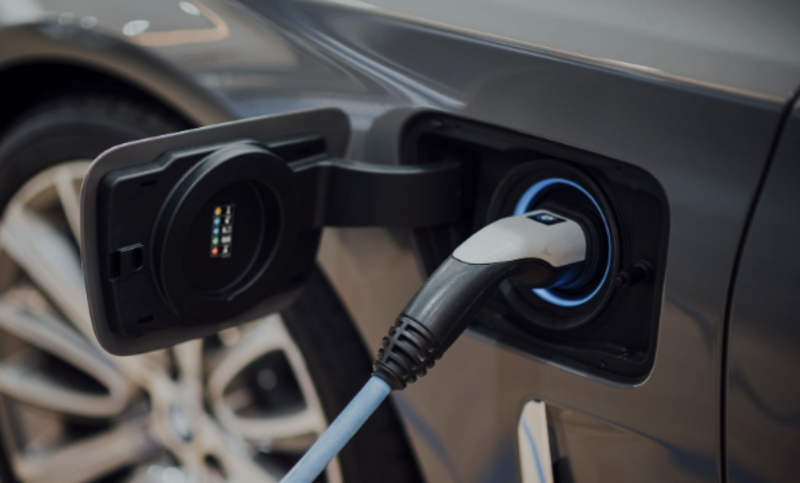
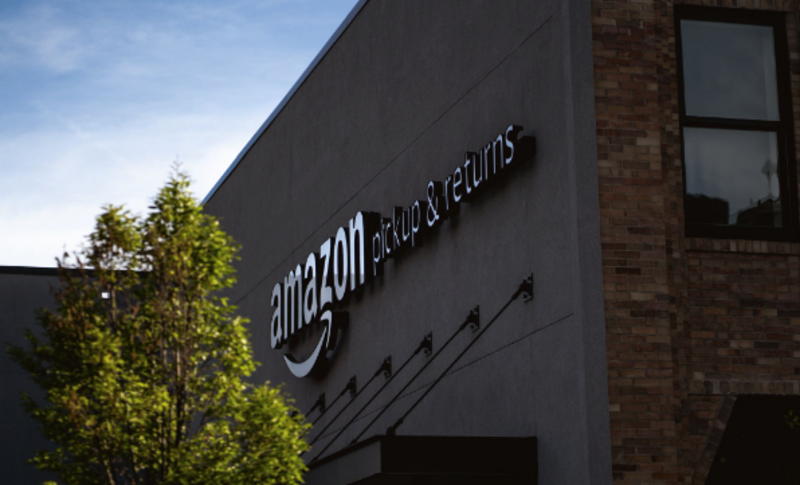

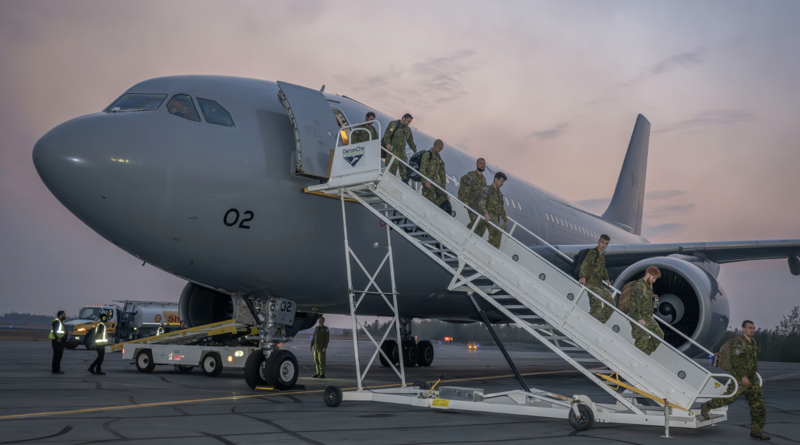
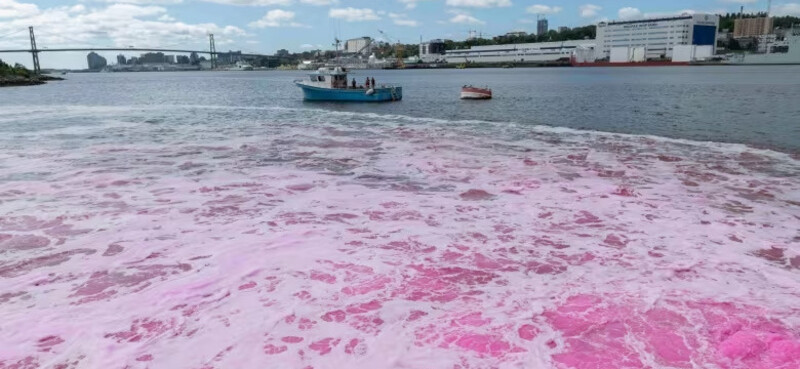
.png)
.gif)
